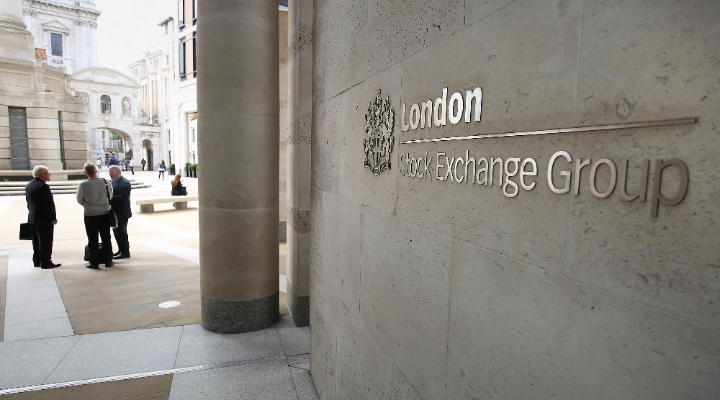Morningstar's "Perspectives" series features investment insights from selected third-party contributors. Here, as part of Morningstar’s Guide to Investment Trusts, JP Morgan’s Client Director, James Glover explains what it means for investors when a trust is trading at a discount or premium.
At the most basic level, discounts and premiums on investment trusts reflect supply and demand in the market. They are an important consideration for any investor but should be considered as one component of the overall purchasing decision when investing in trusts.
The rationale of buying on a discount is that if the asset class comes back into favour and/or the company outperforms, not only will investors potentially realise a benefit from the rise in the underlying net asset value, but they could also benefit from a tightening of the discount as the company share price moves towards net asset value. By comparison, buying a trust on a premium may reflect a particularly strong sentiment for the underlying asset class, or a willingness on the part of investors to pay for high quality management and proven investment results.
When choosing an investment trust, investors need to take into account not only the absolute level of the discount or premium, but also the relative levels compared with the trust’s own history and the history of its sector. There are certain exceptions in every sector where trust boards have implemented firm discount control policies and as a result the companies trade within a very specific band, irrespective of the external market conditions.
When buying on a discount, investors often seek an investment trust with a proven investment philosophy that has historically demonstrated the ability to generate good long-term performance but may be significantly discounted due to the underlying asset class being out of favour. This strategy has historically produced good returns for value investors over time. However, investors need to be wary of companies that are trading at a discount for good reason, as they may reflect characteristics such as poor performance, poor management or poor liquidity.
Conversely, when buying an investment trust at a significant premium, investors run the risk of experiencing exaggerated downside performance should the asset class or company fall out of favour.
When considering discounts and premiums, there is no substitute for proper due diligence. Investors and advisers must do their homework and make sure they understand the companies in which they are investing.
The discount/premium consideration should be one component of many factors taken into account including: risk profile, performance, suitability of mandate and orientation of the individual investors’ long-term investment goals.
Morningstar Disclaimer
The views contained herein are those of the author(s) and not necessarily those of Morningstar. If you are interested in Morningstar featuring your content on our website, please email submissions to UKEditorial@morningstar.com.





























